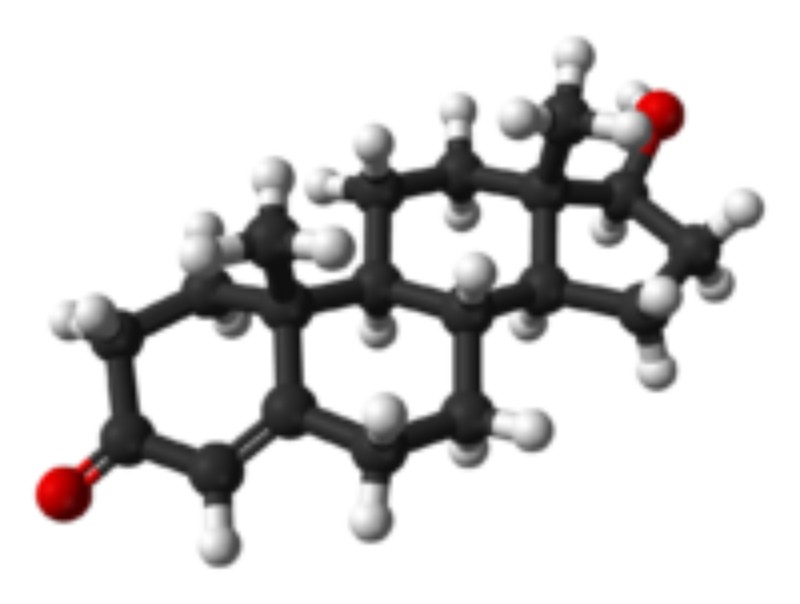
Testosterone supplements helped heart failure patients breathe better and exercise more, according to studies included in a meta-analysis.
Researchers analyzed four randomized clinical trials of patients with moderate to severe chronic heart failure. Patients were given commercial testosterone supplements by injection, patch or gel.
Based on the analysis of these studies, those who received supplemental testosterone scored 50% better in a 6-minute walking test than those receiving placebo.
Also, in two of the studies, the severity of heart failure as measured by the New York Heart Association classification system improved one to two grades in 35% of treated patients compared to 9.8% of those who did not receive the supplements. Researchers noted gains in muscle and skeletal endurance that appeared quickly and lasted for at least one year.
“The improvement in exercise capacity was consistent across all of the studies,” Justin A. Ezekowitz, MD, MSc, author of the analysis and assistant professor and director of the Heart Function Clinic at the University of Alberta in Canada, said in a news release. “Compared to patients in placebo groups, the differences were striking.”
If the findings are confirmed in larger clinical trials, he said, testosterone therapy could be one of the first heart failure therapies targeting the peripheral muscle rather than the cardiac muscle.
The four studies included 198 patients, 84% of whom were men, with an average age of 67. One study found similar improvements in women, who were taking lower doses of testosterone than men.
No significant adverse events were reported, including treatment- or exercise-related cardiovascular events, nor were there reports of increases in prostate cancer or abnormal prostate health parameters in men.
While the results are encouraging, larger studies are still needed, as well as the studies of various testosterone delivery methods and each of there individual effects, said Chauncey Crandall, cardiologist and editor of the popular NewsMax Heart Health Report. “Patients and their families should not rush to buy testosterone supplements just yet, or to have any physicians misinterpret these findings, as we all need to recognize this study is in it’s very early stage but is none the less very encouraging” he said.
The study appeared April 17 on the website of Circulation: Heart Failure, an American Heart Association journal.
